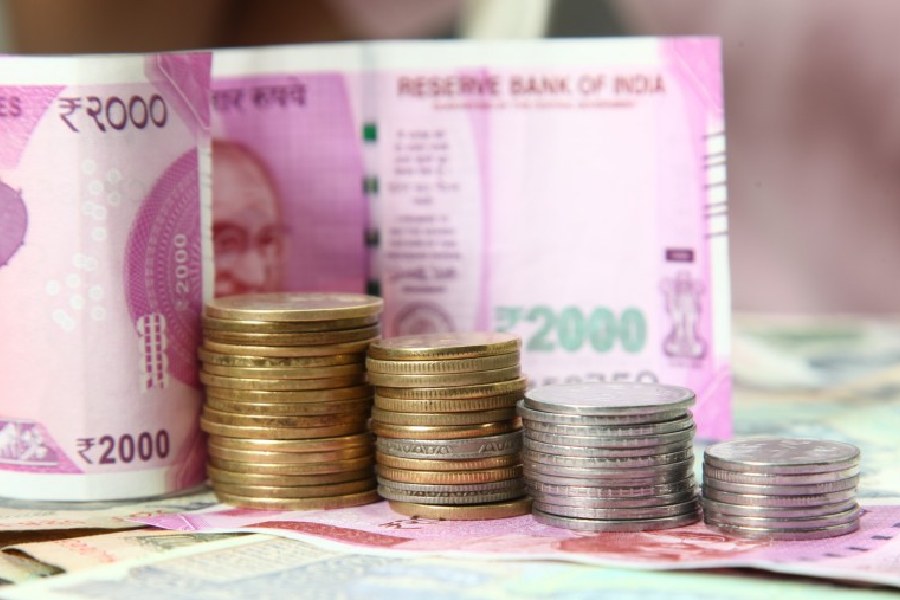The military crackdown on Buddhist priests and monasteries in Myanmar in the wake of the monks’ country-wide agitation against a repressive regime brings to mind the scenario in Saigon nearly four decades ago. In the capital city of what was then South Vietnam, it was the Buddhist monks who first gave the outside world a fair idea of how unpopular the puppet regime put up by the Americans had become. Almost every day, the newspapers would carry accounts and photographs of monks immolating themselves on the streets. These reports and pictures made even anti-communists wonder whether the Americans and their henchmen enjoyed any legitimacy in that country.
In Yangon, no monk has set himself on fire so far. Perhaps such individual expressions of protest become unnecessary when the people as a whole have risen. What makes these protests significant is the dignity associated with them. The protests have not been marked by slogan-shouting or violence on the part of the men in yellow robes. Instead, what was on show was the quiet refusal of the monks to bend to the dictates of brute power. It is this quality that has made the protests so effective. The authorities were aware of this and decided to come down heavily on the protestors in Yangon and elsewhere.
For years, the Myanmarese have been silently protesting against the oppressive military regime. The junta may have forced Aung San Su Kyi indoors but the silence surrounding this pro-democracy leader has always been eloquent. The silence accompanying Gandhi’s days of fasting had made the British nervous. Similarly, the quiet nature of Su Kyi’s protest has made military leaders nervous in Myanmar.
New concerns
Those who wish to remain on the right side of the junta for tactical reasons have been similarly unnerved by Su Kyi’s resoluteness. In the Nineties, the Asiatic Society in Calcutta had decided to honour the Myanmarese leader. The then government in New Delhi broke out in cold sweat on hearing from its envoy in Yangon that the military rulers in Myanmar would not take too kindly to it. The decision, of course, could not be reversed but it was ensured that the incident was given a quick burial.
Not just India but no other nation has really taken any effective steps to tell the junta what they think of it. Such inaction stemmed, it appears, from a collective dread of China. It was feared that Beijing would step in to fill the vacuum if the international community took steps to oust the regime. At present, the Americans are making some noises, possibly because Beijing itself has signalled that it is not too pleased with the goings-on and also perhaps because George Bush, in his last few months as the American president,wants to give the impression that he is not such a bad guy after all.
India, of course, continues to be diplomatically correct, insisting that the recent developments in Myanmar are an internal matter of a neighbouring country. It has also expressed the hope that things would be settled peacefully. It is evident that the junta has been responsible for the unrest by keeping democracy at bay. But saying so would mean taking sides, something that India is extremely reluctant to do.
Civil liberties apart, there is another cause for concern. Myanmar has always been the entry point for drugs into this country. The junta, in fact, survives largely on the drug trade. This menace will never be dealt with in Yangon as long as power is wielded by the men in uniform. The pro-democracy movement in a neighbouring country may technically be an internal matter. But surely, the same cannot be said of drugs, particularly when the supplying nation is clearly not able to take any steps or is not interested in putting a stop to the malpractice.










